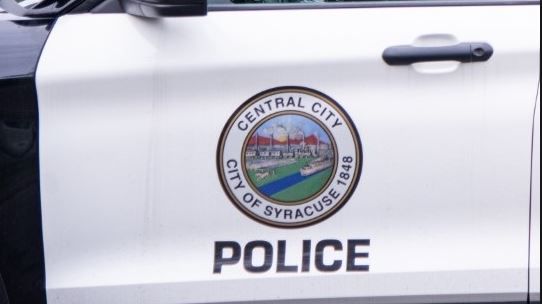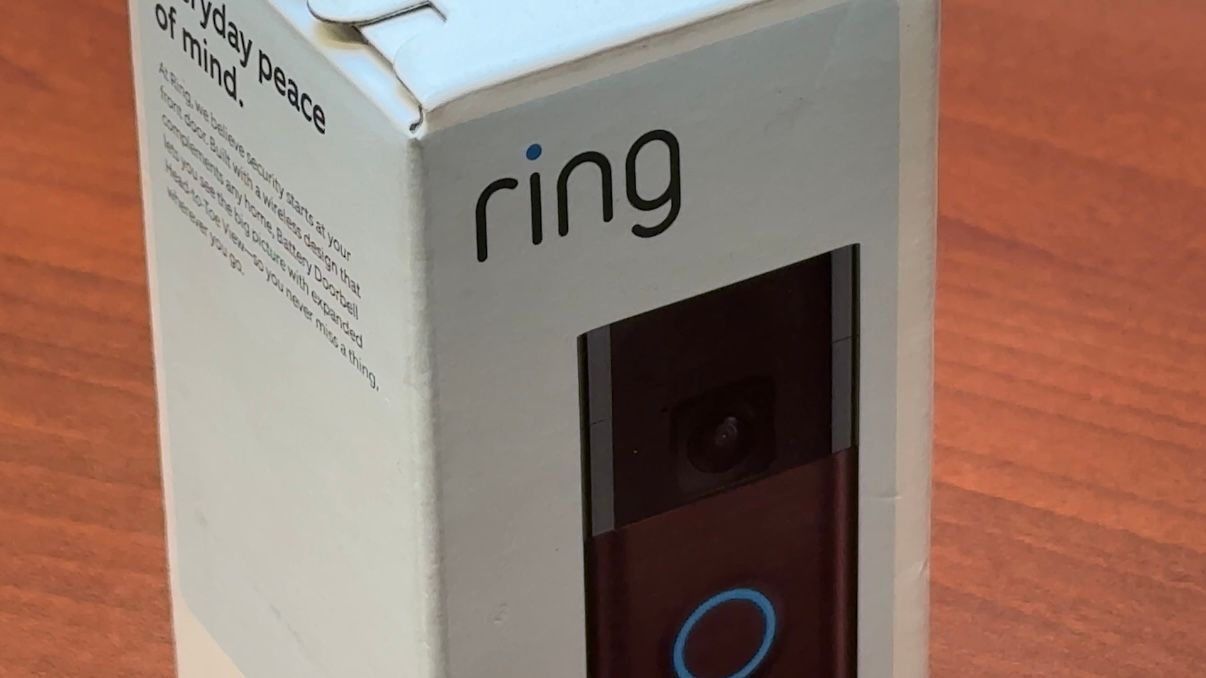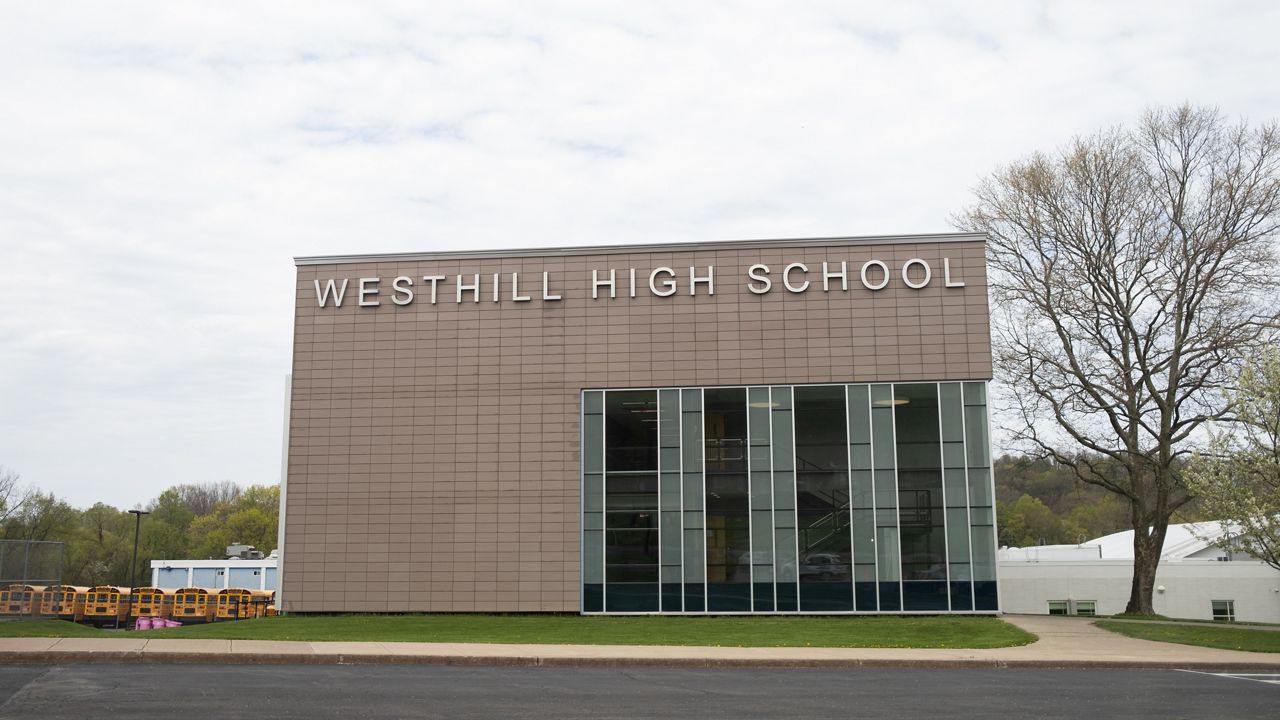The Syracuse Common Council has authorized Mayor Ben Walsh's "Safer Streets Program" to be implemented.
The initiative has been in development for over a year. It includes using cognitive behavorial therapy to address the trauma and impulsiveness of participants, along with mentoring and job training.
Walsh said he hopes this will give young people a way out of violent conflicts.
“For decades, Syracuse has been trying to reduce gun violence. We crack down on gangs and have dedicated police units to getting guns off the streets, but it hasn’t been enough. The Safer Streets Program, developed by the Mayor’s Office to Reduce Gun Violence as part of the City’s Community Violence Intervention Plan, seeks to address the violent dynamics that revolve around personal disputes and historic feuds between gangs in Syracuse, and gives our most vulnerable young people a way out of conflict," Walsh said in a statement Monday. "With the Safer Streets Program, we’ve developed a strategy to resolve personal conflicts before violence occurs, using ‘credible messengers’ who know the kids and the streets, cognitive behavioral therapy to address the trauma, anger and impulsiveness of participants, mentoring, and workforce experience training incentives for participants engaged in skills building training."
The council voted 8-1 in favor of the program on Monday, with only Councilor Patrick Hogan voting against, arguing the money should go to the police department to boost law enforcement.
The passing of the Syracuse Safer Streets program represents a step toward justice for people like Jose Torres. He lost his daughter, Brexialee Torres Ortiz, from gun violence earlier this year.
“These six months have been the hardest six months of my life," he said. "Every day that passes, every hour that passes, every minute, second, it’s an emptiness that we feel, that we don’t know how to fill. Because she was such a happy girl and she made an impression everywhere she went.”
The program initially included a stipend for those who are being mentored. Now they will receive paid internships. The change doesn’t alter what the program is about.
“At the end of the day, the point of this is to empower this individual and give them a tool to alter the life they have been living," said Syracuse Common Councilor Chol Majok.
One man doesn’t believe that empowerment will work. As $1 million in funding is going to the program, Hogan believes it's better served elsewhere.
“I never was on board on this thing," Hogan said. "I really believe that we should spend the money on the enforcement part. And that’s what my constituents say all the time. Every neighborhood meeting, we need more police protection, we need more police in the neighborhoods.”
However we get there, community members say the violence needs to stop.
“I just ask for justice for my daughter," Torres said. "And that at least they don’t forget about us because honestly we’re hurting in our hearts.”










